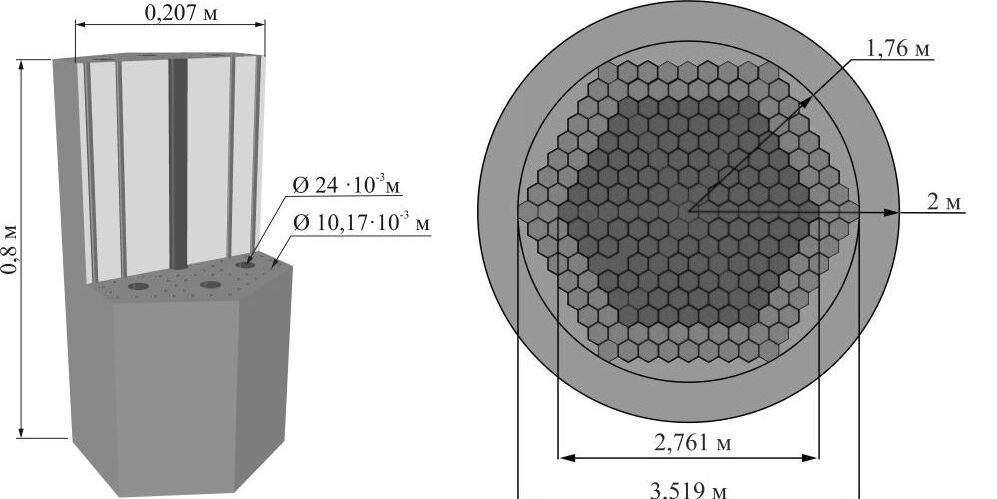We in Australia hold a very large percentage of Uranium and other nuclear fuels, so this question comes up frequently. I did my first science undergrad with a physics major almost 4 decades ago and was lucky enough to have as one of my lecturers a leader in the field with global experience. Despite being optimistic about nuclear power generation (more about that in a moment), he was also realistic about the drawbacks.
The first drawback back then, still has't been solved today. There's no way to deal with the waste. Think about that, despite the decades and billions spent on trying to come up with a way to deal with the most dangerous by-product on earth we still don't have one. When I first started learning about nuclear power there were claims that a place called Yucca Mountain would solve the problem. It was a monumental failure. Then there was a Swiss containment system, failure again. Then there were others, all failures.
So what we are left with is a headache that gets past down from one generation to the next, because of a lie that the solution is just around the corner. It's a very expensive problem with massive security concerns (that gets more expensive as time goes by, not less) and despite being told for decades that there is a solution coming, one simply does not exist.
It's simply not cost effective. If you look at the total life cycle of a nuclear power generation project, it's far more expensive than solar, wind or many other renewables. Sure, once you have an enrichment program up and running, constructed your plant, put in place security, set aside funds for decommissioning (yeah right, that'd be a first .. plants just go broke and walk away), set up a waste management program (remember, even if you only generate power for 10 years .. you have to do that for thousands of years), etc, etc, etc .. oh forget it, the costs and time frames are ridiculous. And that's at current prices as the availability of viable ore goes down and renewables get cheaper by the day.
The next one is often not talked about, but it's very, very important. If I set up a business, by law I have to insure against risk to the public, my staff and myself. I'm also an idiot if I don't insure my property. I have professional indemnity insurances to provide people protection from me farking something up. There is no insurer in the world that will insure a nuclear power generation project. Basically, the entire nuclear power generating industry across the world is operating without insurance. That risk is borne by the public and get this, they can't insure against it either! Even though we have no nuclear power generation in Australia, my home insurance policy covers me against fire (think about that), flood, storm, accidental damage .. but specifically excludes any loss caused by a nuclear incident.
I could go on, but the simple truth is that nuclear power system takes 20 years to set up, is less viable than it was 40 years ago and has astronomical costs afterwards in decomissioning and waste management .. all as the price of alternatives is coming down. Every decade we are promised that the next generation of reactors and waste management solves the problems of the previous and every time it has turned out not to be the case. I feel for countries not as rich in renewable options as we are here in Australia and understand why they have gone down the nuclear path, but despite (or perhaps because of) having spent years doing this stuff at uni, I cannot see that it is a wise choice.


